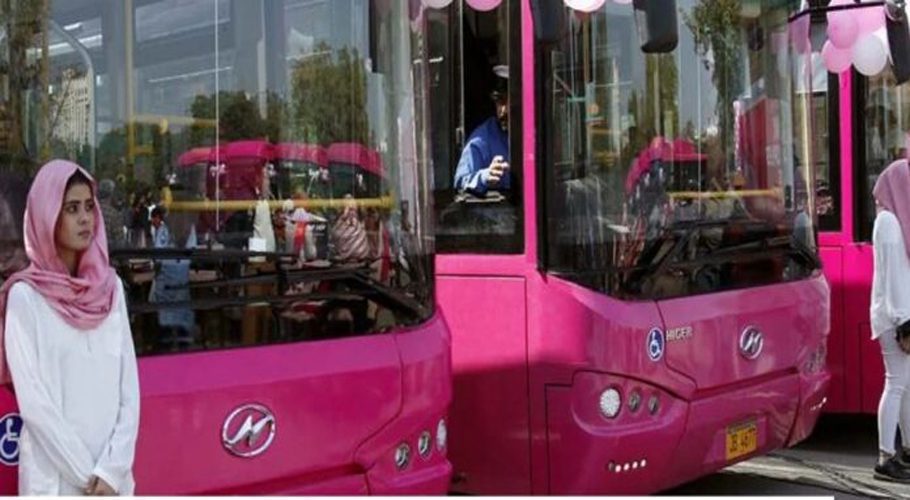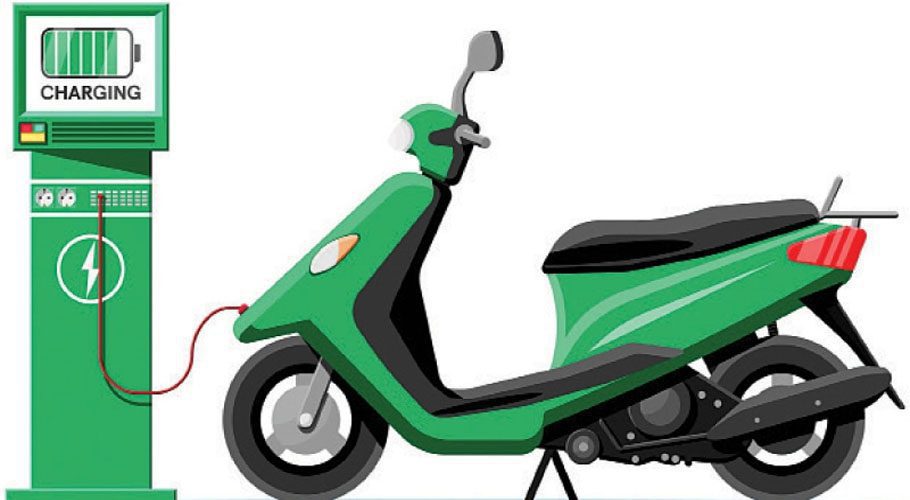![]() Follow Us on Google News
Follow Us on Google News
A few years ago, the London-based ‘Thomson Reuters Foundation’ ranked Pakistan as the sixth most dangerous country in the world for women. Toxic misogyny in Pakistan can be highlighted through cases of women being harassed publicly on the street of Lahore and no one cared to rescue them. After Ayesha Akram’s incident, this case was alarming enough to raise queries regarding the safety of women in Pakistan.
Many people including famous personalities like Bakhtawar Bhutto Zardari are now demanding to bar men from entering public places as a precaution safety of women. But by implementing this, will harassment cases be decreased in Pakistan?
Incidents in August
The Minar-e-Pakistan incident was an eye-opener for us where a ‘mass groping’ occurred on Independence Day. A mob of 400 men harassed, attacked, humiliated a female TikToker publicly. Everyone eventually blamed TikToker Ayesha Akram for inviting people there; in short, the game of victim-blaming tried to silence the case.
In another incident, a woman who went with her family to a park in Lahore on the same Independence day was harassed by a group of young men. Keeping in mind that woman was carrying a child, was wearing covered from head to toe, and was not even a TikToker, yet she was harassed publically.
The nation was still not moved on from this incident that another video surfaced online where two women who were not in inappropriate clothing, were not TikTokers, seated with a child at the back of a Qingqi rickshaw somewhere in Lahore were harassed, catcalled, leered, and filmed by multiple men. No one dared to stop the men from doing such heinous acts in public, these women were with a child.
The root cause
These are the few cases that were acknowledged and reported but there are many cases on a daily basis that go unnoticed; why? Each time, whenever a case of harassment, domestic violence, or sexual assault is reported, there are few people (both men and women) who instead of addressing the root cause question and blame the victim.
Why was she out alone? How was she dressed? She is a TikToker, what else she was expecting? She should have travelled with someone. Such gender-based judgments trigger never-ending debates and the root cause still remains.
Solution to root cause
Recently Bakhtawar Bhutto Zardari proposed a possible idea of preventing harassment cases in public and that was banning men entirely from all public places. She believes when there will be no men, women won’t have to suffer.
Only a man with a woman either his wife, mother, or sister should be allowed to roam freely in public places. This is the only way women can feel safe. This was the idea proposed by Bakhtawar Zardari.
Is banning ‘men’ idea sustainable?
This idea might be captivating in minds but when it comes to a practical approach, it is indeed an unrealistic approach. Banning gender is not a solution to any problem.
There are many areas where women stay at home and still are targeted to sexual, domestic assaults, and harassment. Same way, banning men will not aid unsafe Pakistani women in any way.
Addressing a problem and acknowledging it can ease many crucial issues and their impact in Pakistan. By only talking about it, a hashtag starts trending with ‘NotAllMen’ on Twitter and triggers a useless debate that only results in outrage among people.
Once again by educating the masses, talking about it, acknowledging it can result in something positive, else there are many Ayesha Akram and Noor Mukadam who are unaware of their unfortunate future.

























